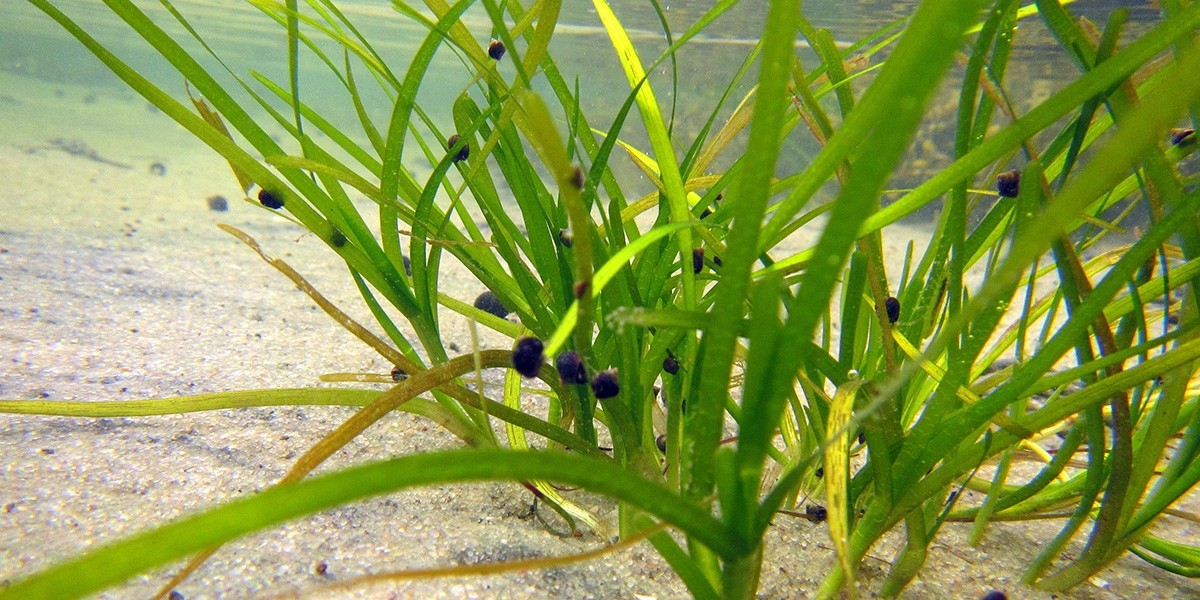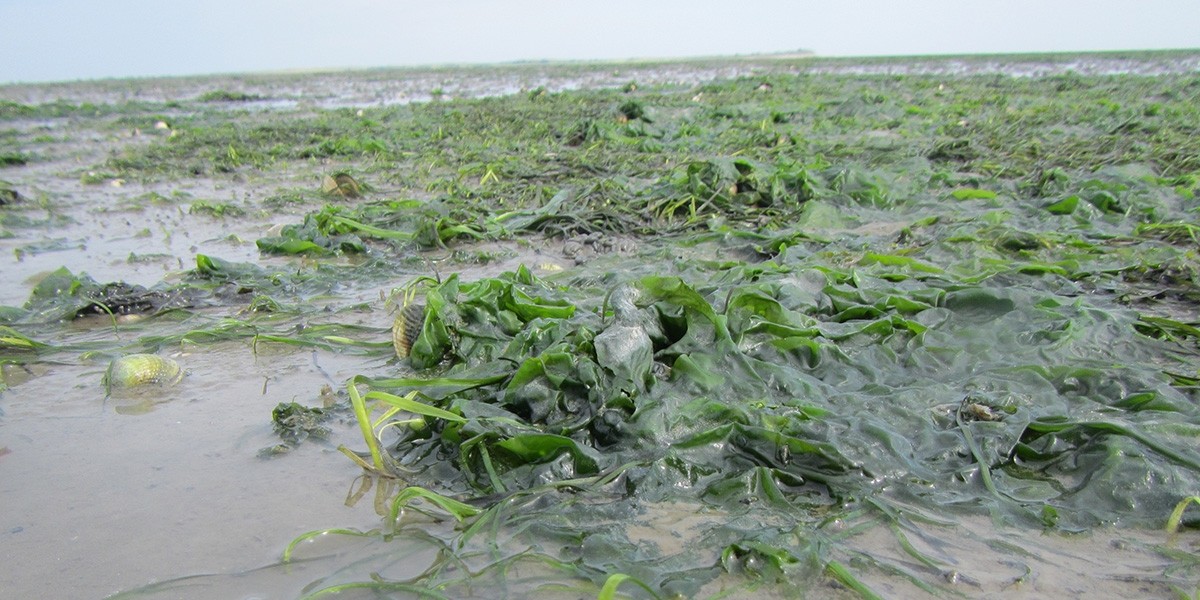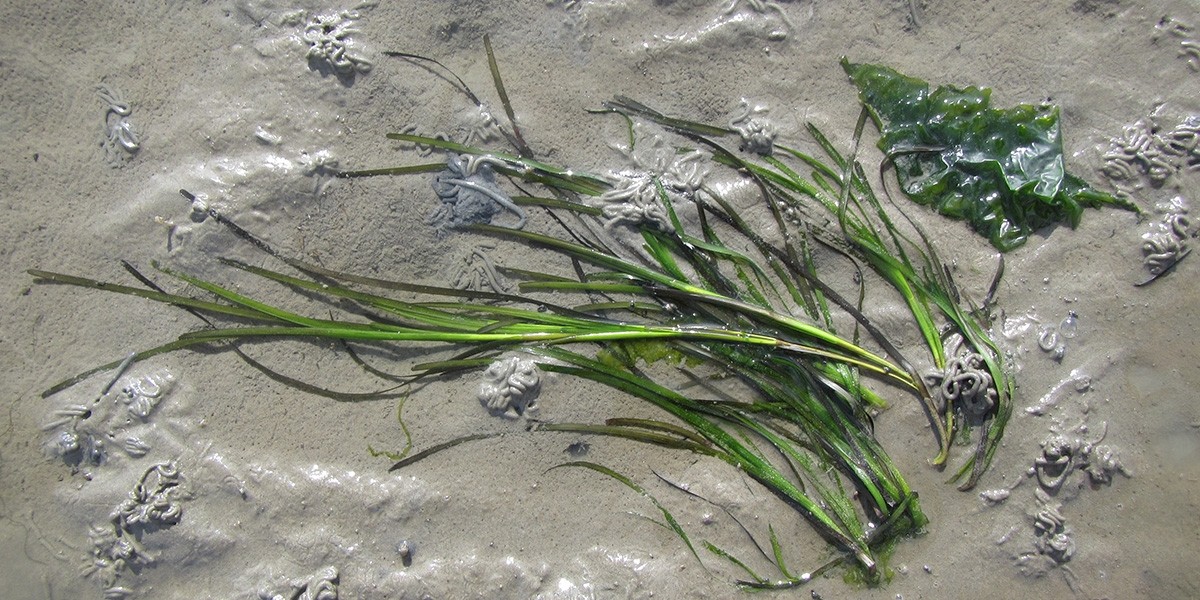Seagrass restoration threatened by fungi
The seawater fungi that are to blame (Phytophthora gemini and Halo Phytophthora sp. Zostera) have been identified as members of the large Phytophthora family, which also includes the fungus that causes potato blight. Fungi in this family cause severe damage in agriculture and horticulture, affecting potatoes, grapes and oak trees in California and eucalyptus trees in Australia. The findings in the above article came to light during seagrass restoration trials in the Wadden Sea and the Grevelingen area, but the fungi turned out to be present at many other locations in Europe and America. The widespread presence of these pathogens therefore threatens the global recovery of seagrass. This problem deserves attention because these coastal ecosystems are just as important as coral reefs: they provide breeding grounds for various species, increase biodiversity, and contribute to coastal protection by damping the force of waves.
Nearly all seagrass seed is infected
This investigation was prompted by disappointing germination of sea grass seed that was collected for the restoration project on the North Sea island of Sylt. Nearly all this seed was found to be infected with Phytophthora. Lead researcher Laura Govers, who works at Radboud University and the University of Groningen, tested the germination of the infected seed. “This proved to be six times less likely to germinate than non-infected seed. Only three to four percent of all infected seeds germinated.”
Copper treatment
In recent decades, many fields of seagrass have deteriorated worldwide. In the Netherlands, the vast seagrass beds that were originally present in the Wadden Sea disappeared after 1930 and never recovered. These fields were important breeding grounds for fish such as herring, and they contributed to the high biodiversity of the area. They also made the water clearer and contributed to coastal protection by damping the force of the waves. That's why biologists are investigating whether seagrass restoration in the Dutch Wadden Sea is possible. One way to improve the chances for seagrass restoration is by treating the seeds during storage with a copper solution. This method has been used in farming since the 19th century to combat Phytophthora infection and appears to be promising for eelgrass seed.
The research project is the result of a collaboration between Radboud University, the University of Groningen, NIOZ Royal Netherlands Institute for Sea Research, the Fieldwork Company and the Virginia Institute of Marine Science, and was funded by Natuurmonumenten, Rijkswaterstaat (Department of Public Works) and the Netherlands Food and Consumer Product Safety Authority (NVWA).
More information
Publication
Laura L. Govers, Willem A. Man in 't Veld, Johan P. Meffert, Tjeerd J. Bouma, Patricia C. J. van Rijswick, Jannes H. T. Heusinkveld, Robert J. Orth, Marieke M. Van Katwijk en Tjisse van der Heide (2016) Marine Phytophthora species can hamper conservation and restoration of vegetated coastal ecosystems. Proceedings of the Royal Society B. doi: http://dx.doi.org/10.1098/rspb.2016.0812
Scientific contact persons:
Jaap Sinninghe Damsté, Stephan Schouten
Communication contact:
Jan Boon (also for pictures in high resolution)


